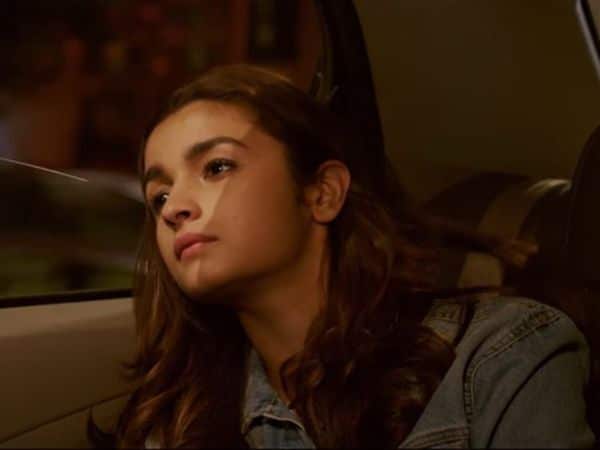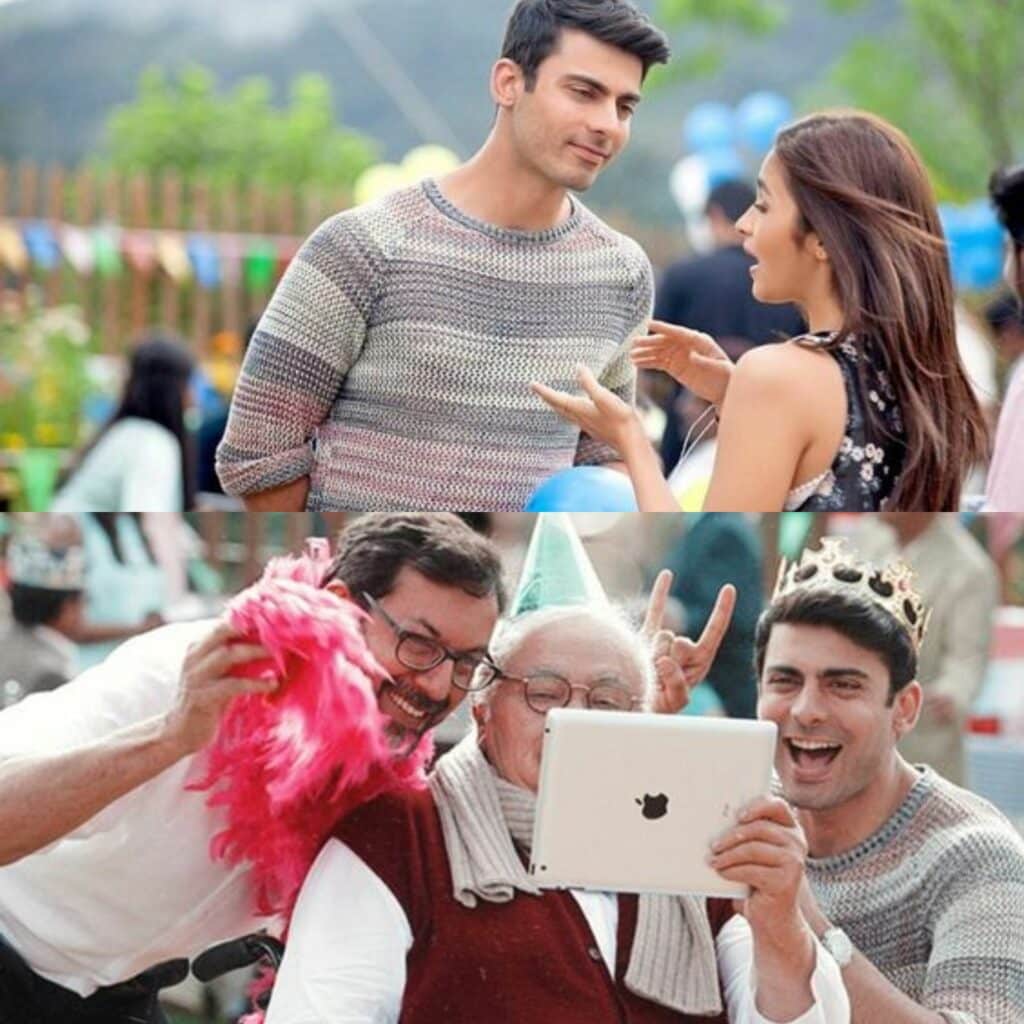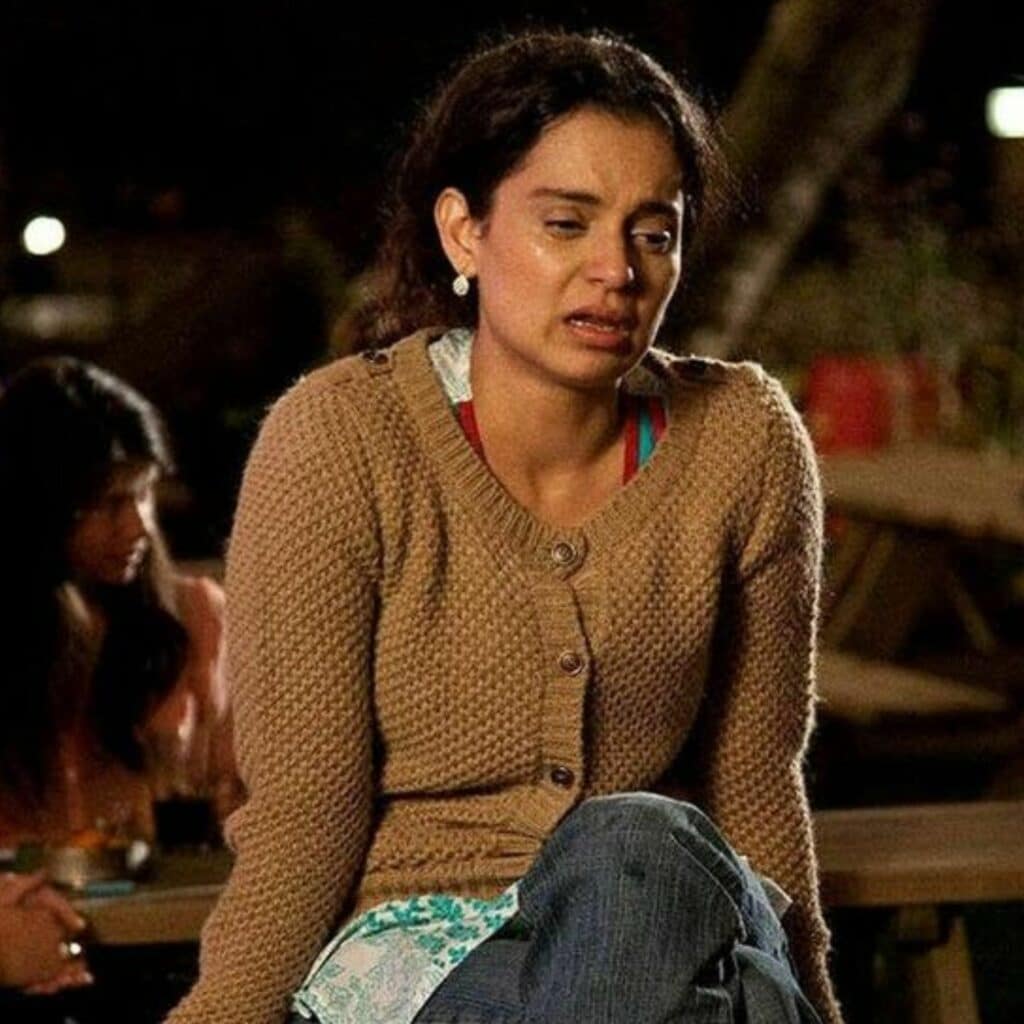Mental health has become an increasingly important conversation worldwide, and cinema plays a vital role in contributing to this discussion. Bollywood, known for its dramatic and vibrant storytelling, has recently begun to embrace the complexities of mental health in its narratives. Several iconic characters from Bollywood movies offer insightful depictions of mental health struggles, helping to reduce stigma and raise awareness. In this blog, we’ll explore key Bollywood films that have portrayed mental health challenges and what we can learn from these characters.
1. Pia in Dear Zindagi – Battling Emotional Turmoil and Finding Healing
In Dear Zindagi (2016), Alia Bhatt’s character, Kaira, is an ambitious yet emotionally conflicted woman struggling with childhood trauma and fear of abandonment. Her emotional vulnerability leads to frustration and anxiety, affecting both her personal and professional life.
The film introduces us to Dr. Jehangir Khan (played by Shah Rukh Khan), a psychologist who guides Kaira on her journey to emotional healing. Through her sessions with Dr. Khan, Kaira learns to confront her fears, embrace vulnerability, and understand that seeking professional help is not a sign of weakness.
Lesson: This film breaks stereotypes about therapy in India and highlights how talking about our emotions with a professional can offer immense relief and insight.

2. Rahul Kapoor in Kapoor & Sons – Living with Depression
In Kapoor & Sons (2016), we see Rahul Kapoor (played by Fawad Khan) dealing with hidden struggles of depression. Though the film revolves around family drama, the subtle yet poignant depiction of Rahul’s depression speaks volumes about the emotional pain that can sometimes be masked by an outwardly successful life.
His strained relationships with family and his isolation reflect the challenges many face while dealing with mental health conditions silently. Despite having a thriving career, Rahul’s personal battles highlight that mental health does not discriminate based on success or status.
Lesson: Depression is not always visible. Even individuals who seem to have everything together may be fighting silent battles, underscoring the importance of empathy and understanding.

3. Tara in Tamasha – The Impact of Emotional Suppression
Tamasha (2015), starring Ranbir Kapoor and Deepika Padukone, is a cinematic exploration of identity, emotional suppression, and societal pressure. Ved (Ranbir Kapoor) leads a dual life: one where he follows societal expectations and another where he embraces his true self. However, the constant suppression of his true desires leads to an emotional breakdown and identity crisis.
Tara (Deepika Padukone) plays a crucial role in helping Ved realize the importance of embracing his authentic self. The film portrays how years of suppressing one’s emotions can lead to mental health issues like anxiety, identity crisis, and depression.
Lesson: The film emphasizes the importance of self-acceptance and the dangers of repressing emotions. It shows how acknowledging and expressing our true feelings is essential for mental well-being.

4. Rani in Queen – Overcoming Social Anxiety and Building Self-Worth
In Queen (2013), Kangana Ranaut’s character, Rani, embarks on a journey of self-discovery after being left heartbroken by her fiancé. Initially portrayed as an introverted and socially anxious young woman, Rani struggles with self-esteem and societal pressures.
As she ventures alone on her honeymoon, she gradually learns to embrace her independence, gaining confidence and finding her own identity. The film touches upon mental health indirectly by portraying the journey of overcoming social anxiety and the importance of building self-worth.
Lesson: Queen shows how personal growth and self-love can be healing, and how stepping out of one’s comfort zone can empower individuals to reclaim their lives after emotional setbacks.

5. Rohit in Koi… Mil Gaya – Navigating Intellectual Disabilities
Hrithik Roshan’s portrayal of Rohit in Koi… Mil Gaya (2003) is one of Bollywood’s most empathetic portrayals of intellectual disabilities. Rohit, who faces developmental delays, struggles with fitting into society and is often ridiculed for being different.
However, the film beautifully showcases how Rohit’s abilities, once underestimated by others, shine when he forges a unique friendship with an extraterrestrial being. His journey highlights the importance of inclusivity, empathy, and understanding when it comes to mental health and intellectual challenges.
Lesson: Koi… Mil Gaya encourages viewers to see beyond labels and stereotypes, reminding us of the importance of patience and empathy toward individuals with intellectual disabilities.

Conclusion
Bollywood’s increasing exploration of mental health through iconic characters is a step toward breaking the stigma that often surrounds mental illness in Indian society. These films and characters reflect the diversity of mental health struggles, from depression and anxiety to intellectual disabilities and schizophrenia. By portraying these issues on the big screen, Bollywood contributes to a greater understanding of mental health and encourages conversations that are long overdue.
Whether it’s seeking therapy like Kaira in Dear Zindagi or navigating self-acceptance like Ved in Tamasha, these characters remind us of the importance of mental well-being and the power of seeking help when needed. Movies have the ability to influence hearts and minds, and these Bollywood films use their platform to address critical mental health issues in a relatable and impactful way.
If you’re seeking the best psychologist in Meerut, look no further than Surbhi Manocha. As a highly regarded psychologist, she has helped countless individuals navigate and overcome their mental health challenges. Visit her website to learn more about her services.
